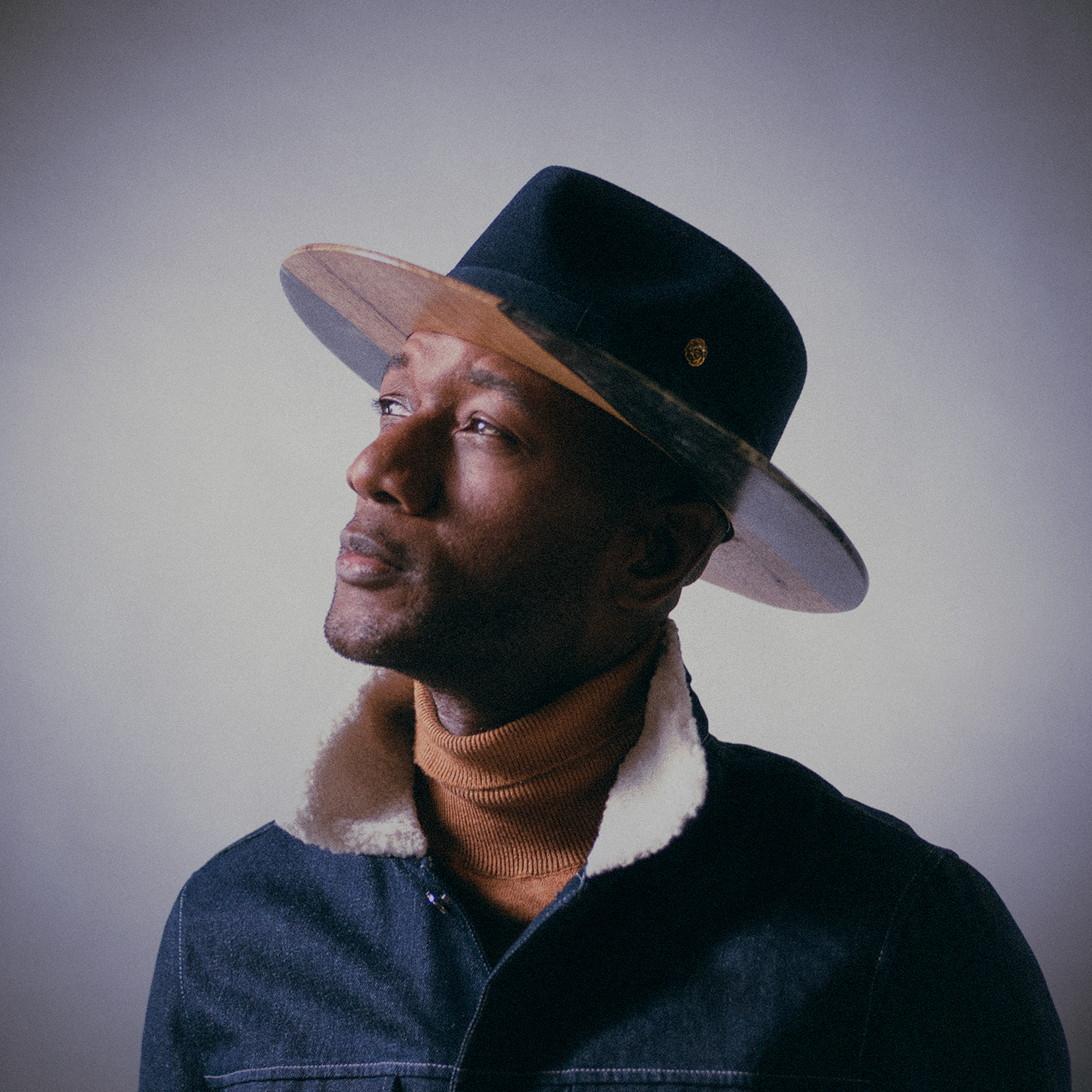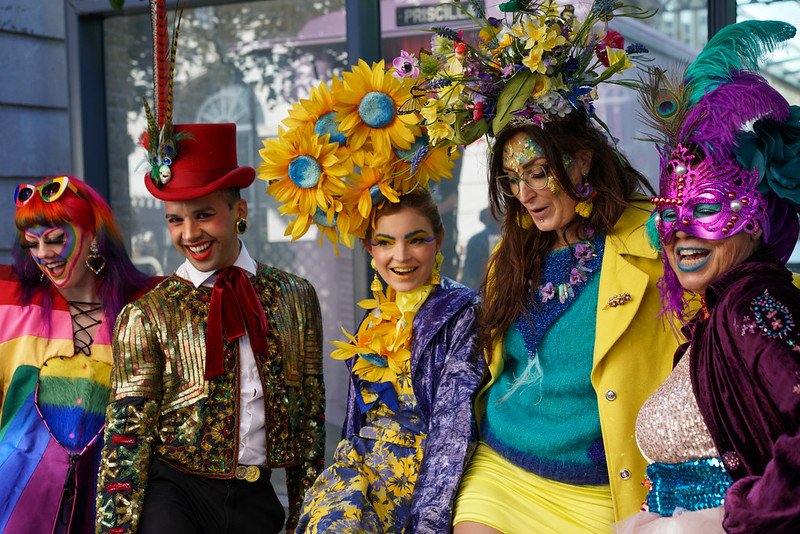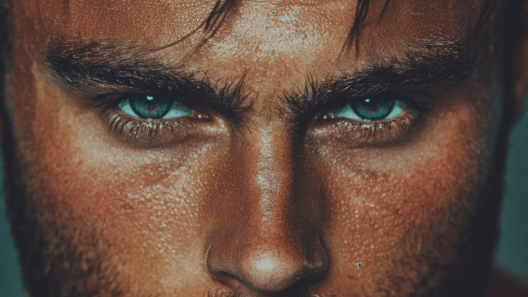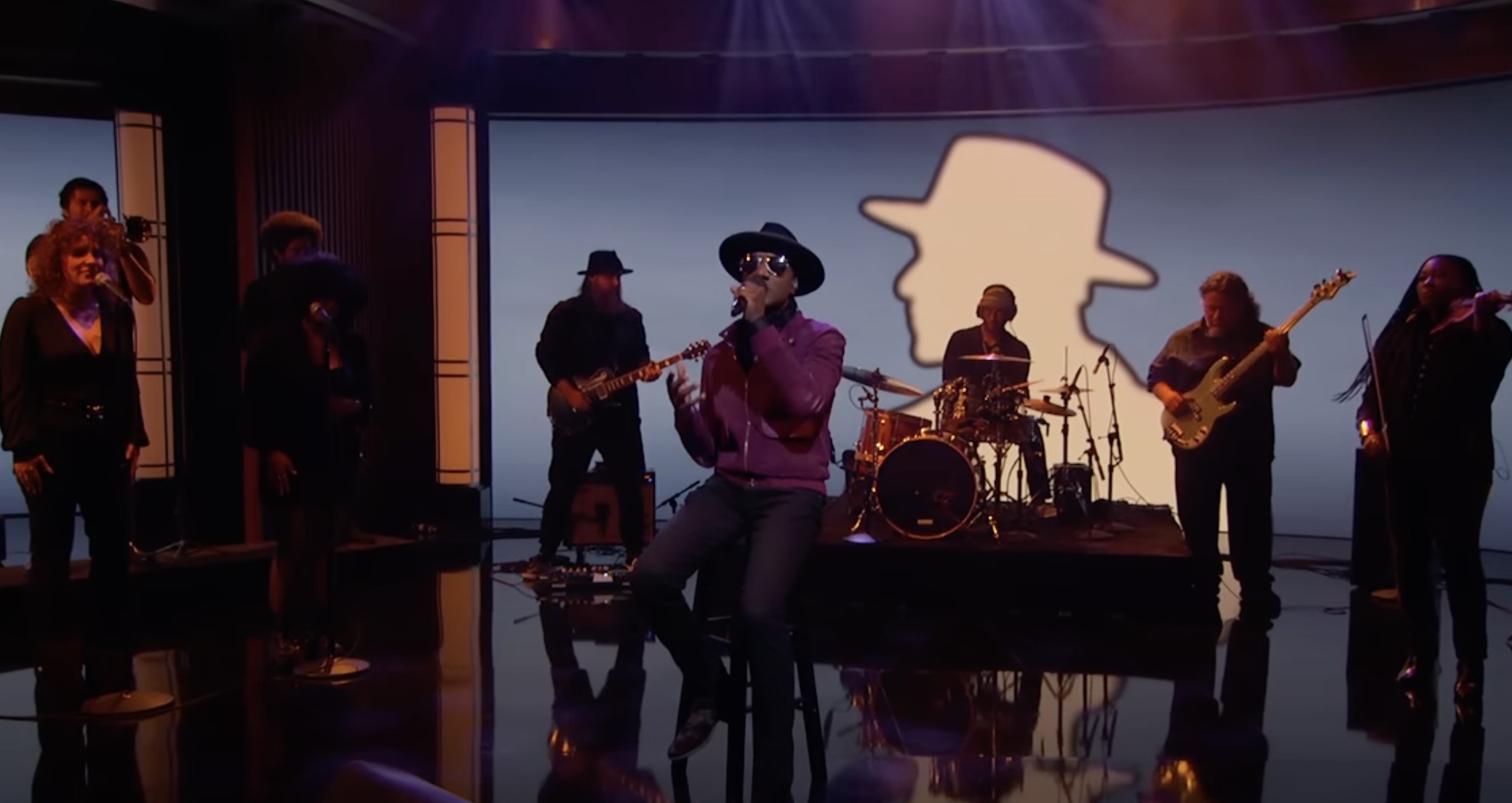Grammy-nominated and multi-platinum artist Aloe Blacc has never been one to shy away from depth. Responsible for some of the most notable hits of the 21st century such as “I Need A Dollar,” “The Man” and Avicii’s multi-billion streamed “Wake Me Up,”, Aloe returns with Stand Together – an album that intertwines musical brilliance with heartfelt activism. In this exclusive interview, he opens up about creative collaborations, personal resilience, and why music must carry meaning in 2025.
Your new album Stand Together is deeply rooted in philanthropy, with each track tied to a charitable cause. What inspired you to take this approach, and how did the partnership with the Stand Together community shape the project?
Stand Together was inspired by a belief that music should be more than entertainment—it should be a tool for healing, for action, and for transformation. I’ve been fortunate to work with the Stand Together Foundation, an organization that supports bold community leaders who are making a real difference in people’s lives. Their work with nonprofits across the U.S. gave me a front-row seat to the power of grassroots change, and I wanted to use my platform to amplify their impact.

My wife, Maya Jupiter, has always used her art to uplift social causes, and her example deeply influenced the album’s direction. Each track on the project is connected to a nonprofit doing powerful work—from addiction recovery to anti-recidivism to urban farming. This collaboration with Stand Together wasn’t just about awareness—it was about continuing the legacy of building bridges between music and movement.
You’ve always used your music as a force for good. How do you see Stand Together fitting into the broader cultural and social conversations happening today?
Right now, people are hungry for meaning. There’s so much noise—fear, division, misinformation—and I believe music has a unique ability to cut through all of that and bring us back to what matters: compassion, justice, and community. Stand Together is a reflection of that moment. It’s not just a soundtrack to today’s cultural conversations—it’s a call to action.
Whether we’re talking about economic inequality, the justice system, or mental health, these songs are rooted in real issues and real people doing the work. I want this album to serve as a connector—between listeners and causes, between emotion and impact. It’s about giving people something they can feel and something they can do.
Collaborating with producers like Stargate, Oak Felder, and DJ Khalil brings a dynamic range to the album. How did these partnerships influence the sound and message of the record?
Each producer brought a different flavor to the project, and that diversity reflects the range of stories I wanted to tell. Stargate brought cinematic polish and emotional depth. Oak Felder has a way of layering groove and rhythm in a way that makes hard truths danceable. DJ Khalil brings texture and soul that ground the music in legacy and authenticity. And Hunter Hayes came in with this singer-songwriter sensibility that added intimacy to some of the more personal tracks.
Together, we built a soundscape that feels global but rooted. Sonically, the album moves across cultures and genres—just like the issues it addresses. The beauty of working with such a talented group is that they each understood this wasn’t just about making music—it was about crafting something meaningful.
Your song “Not on My Watch” is a tribute to Harry Belafonte’s legacy of activism. What impact did his work have on you personally, and how do you hope to carry his message forward through your own music?
Harry Belafonte was more than a musical icon—he was a moral compass. I was lucky enough to spend time with him in the final years of his life, and he continually reminded me that as artists, we are gatekeepers of truth. That’s a heavy mantle, but one I take seriously.
“Not on My Watch” is a declaration that I intend to carry his legacy forward—not just in lyrics, but in action. He taught me that our careers aren’t just about charts and accolades. They’re about how we show up for our communities and what we leave behind. My goal is to continue using my voice to elevate justice, dignity, and hope—just like he did.
Tracks like “Daddy Told Me So” explore themes of generational wisdom and resilience. How has your personal journey shaped the stories you choose to tell through your music?
I’m a first-generation American, raised by Panamanian parents who believed in hard work, humility, and community. They taught me that success isn’t about what you accumulate—it’s about what you contribute. Before music, I worked as a business consultant. I’ve been laid off. I’ve struggled. I’ve lived through the uncertainty that so many people face. Those experiences shaped the way I see the world and the kind of stories I want to tell.
“Daddy Told Me So” is an ode to that legacy—passing on strength, not just success. I want my music to reflect the resilience and wisdom of the people who raised me, and to be something my kids—and anyone listening—can draw strength from.
Your reimagining of What’s Going On gives a fresh perspective to Marvin Gaye’s timeless message. What was your creative process in revisiting such an iconic song, and why do you think it still resonates today?
Taking on “What’s Going On” was both an honor and a responsibility. It’s one of the most important songs ever written, and unfortunately, its questions are still painfully relevant. I didn’t want to just cover it—I wanted to reinterpret it in a way that connected past and present.
So I blended reggae and soul—pulling inspiration from Bob Marley’s activism and Marvin Gaye’s vulnerability—to give the track a new sonic identity. I wanted it to feel familiar but urgent. The lyrics don’t need changing—they just need a fresh lens to help new generations hear them. And right now, with everything going on globally—from climate crises to social unrest—that message couldn’t be more necessary.
Beyond music, you’ve been open about personal challenges, including the impact of the LA fires on your family. How have those experiences influenced your artistry and outlook on life?
The LA fires were devastating. My kids’ school, Pasadena Waldorf, burned to the ground. Families lost homes, and entire communities were displaced. That kind of event shifts your perspective quickly. You realize how fragile life is, and how deeply we rely on one another to recover and rebuild. That’s why I contribute my time and make donations—to show that artists can do more than just perform. We can rally resources, bring attention, and uplift each other. It deepened my understanding of what it means to use my influence for good. It also made the message of Stand Together that much more personal. I know what it means to need support. I know what it looks like to show up for community.
With a career spanning multiple global hits and now an album rooted in activism, what do you see as the next evolution of your music and mission?
The next chapter is about integration—bridging all parts of my identity into a singular mission. Through my company, Major Inc., I’m exploring innovation in biotech and life sciences, because I believe health and well-being are as essential to justice as education or economics. Just like “Don’t Go Alone” speaks to the power of community and collaboration, Major Inc. is built on that same principle: that breakthroughs happen when we work together.
Musically, I’ll continue creating work that reflects what’s happening in the world and encourages people to take action. Whether I’m in the studio, speaking on panels, or supporting emerging artists, it’s all about building ecosystems of care, creativity, and change. That’s the future—not just for my music, but for everything I’m a part of.







